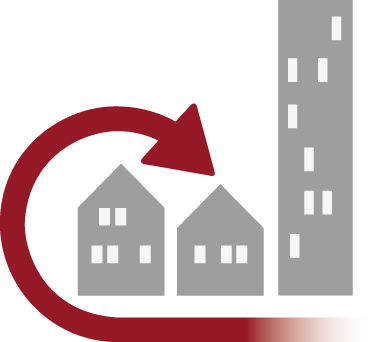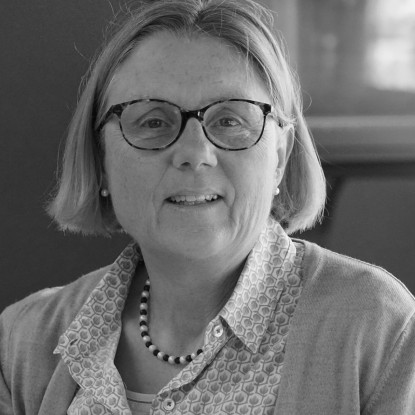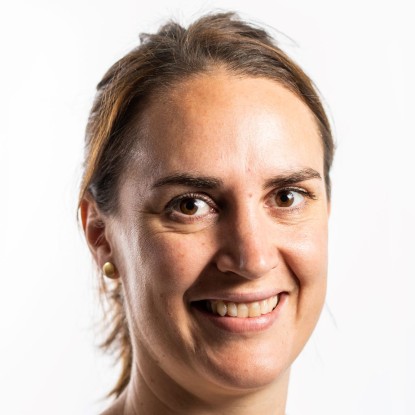| Acronym | RessStadtQuartier |
| Coordinator | TU Darmstadt, Fachgebiet Stoffstrommanagement und Ressourcenwirtschaft |
| Project partner |
|
| Duration | 01.03.2019 – 28.02.2022 |
| Grantor | Bundesministerium für Bildung und Forschung |
| Content |
Urban planning is increasingly becoming planning at the district level, where planning and technological concepts and economic economies of scale can be realized. Diverse pressure to change, for example due to immigration and increasing attractiveness of housing in the city, is bringing with it an increasing dynamic of the restructuring of neighborhoods. In addition, the “built environment” of neighborhoods (buildings and infrastructures) is a stock of materials that are cleared during rehabilitation, conversion or demolition and should be returned into high-quality recycling cycles as secondary raw materials. The increasing dynamic of district planning is therefore an opportunity to establish an urban material flow management system, which so far takes place only sectorally (for example in the energy sector) and rather reactive (for example exploitation concept in demolition). The current obstacles to district-related material flow management lie partly in a lack of awareness of the possibilities of planning processes to influence resource efficiency, but also partly in a lack of information bases and instruments for comprehensive evaluation of aspects of resource efficiency at the district level. Against this background, the project aims to develop knowledge and information bases as well as practical instruments for district-related material flow management and to test them within the framework of real planning processes. The project develops methods and instruments as a “toolbox for resource efficiency” for knowledge-based control in municipal planning processes. This includes conceptual fundamentals, their implementation in IT-based instruments for practice and the investigation of framework conditions for successful integration into planning processes. The real neighborhood plans of the municipal partners Darmstadt and Wiesbaden provide the requirement profiles for the scientific work and the environment for testing the “toolbox”. From this, prerequisites for continuity in planning processes are derived |
|
Contact |
|
Further information can be found on the project homepage





